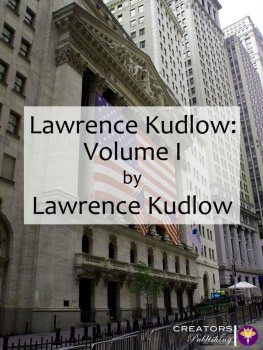The Polish Dilemma
About the Book and Editors
Although much has been written about contemporary Poland, discussions that provide a balanced assessment of the current situation are in short supply. To correct that problem, this book offers a cross-section of intellectual opinion within Poland, including original research and works of synthesis that draw on Polish research and writing that have been, for the most part, inaccessible to scholars outside Poland. The contributors' views avoid the extremes of condemnation or defense of the system and make possible a more complete understanding of present-day realities. Their perspectives are moderated by the fact that, although the authors recognize the need for reform and change, they also take into consideration the great constraints facing all who would confront serious national issues. The discussions range from examinations of social structure and class to evaluations of the significance of the state apparatus in the analysis of policy and assessments of economic performance.
Lawrence S. Graham is professor of government at the University of Texas at Austin and coordinator of outreach programs at the Institute of Latin American Studies. He is the author of Romania: A Developing Socialist State (Westview, 1982). Maria K. Ciechocinska is associate professor in the Institute of Geography and Spatiai Organization at the Polish Academy of Sciences.
The Polish Dilemma
Views from Within
edited by Lawrence S. Graham and Maria K. Ciechociska
First published 1987 by Westview Press, Inc.
Published 2019 by Routledge
52 Vanderbilt Avenue, New York, NY 10017
2 Park Square, Milton Park, Abingdon, Oxon OX14 4RN
Routledge is an imprint of the Taylor & Francis Group, an informa business
Copyright 1987 Taylor & Francis
All rights reserved. No part of this book may be reprinted or reproduced or utilised in any form or by any electronic, mechanical, or other means, now known or hereafter invented, including photocopying and recording, or in any information storage or retrieval system, without permission in writing from the publishers.
Notice:
Product or corporate names may be trademarks or registered trademarks, and are used only for identification and explanation without intent to infringe.
Library of Congress Cataloging-in-Publication Data
The Polish dilemma.
(Westview special studies on the Soviet Union and Eastern Europe)
Includes index.
1. PolandSocial conditions1980- Addresses, essays, lectures. 2. PolandSocial conditions 1945- Addresses, essays, lectures. I. Graham, Lawrence S. II. Ciechocinska, Maria K. III. Series.
HN537.5.P5379 1987 306'.09438 86-1638
ISBN 13: 978-0-367-29482-3 (hbk)
Contents
, Lawrence S. Graham
Part One
Politics and the State
, Jerzy J. Wiatr
, Wojciech Soko/ewicz
Part Two
Social Structures and Attitudes
, Wadysaw Markiewicz
, Wadysaw Piwowarski
Part Three
Socioeconomic Change and Dislocations
, Ryszard Manteulre~Szoe.ge
, Jerzy Kruczaa
, Andrzej Stasiak
Part Four
The Sources of Tension Within the System
, Maria K. Ciechociska
, Janusz Reykowski
, Andrzej Rychard
, Jzef Pajestka
Ideally a volume designed to give readers outside of Poland insight into Polish social science research should use the proper diacritical marks for all Polish words. However, the circuitous route this manuscript has taken in getting from first drafts in Polish into a final acceptable English language edition has taken an extraordinary amount of time. The manuscript was completed in late 1984, and more than two years have elapsed since then due to problems in preparation and publication. In recognition of the need to speed up this process and to prepare the final manuscript for typesetting by electronic conversion of the word-processor disks, I made the decision to omit diacritical marks because each mark would require separate coding and even then the final copy would have omitted the Polish "1," which requires a slash. The diacritical marks have been inserted manually on contributors' names in the Table of Contents, in chapter headings, and in the "About the Contributors" section at the end of the book.
This is only the last in a series of problems related to finding the proper "space" within which to negotiate a book of this type and locating an appropriate publisher outside Poland. My coeditor, Maria K. Ciechocinska, understands these difficulties even better than I. Throughout this project her collaboration has been superb. In mentioning her name, it is most appropriate to acknowledge institutional supporton my behalf, from the Advisory Committee on the USSR and Eastern Europe of the National Research Council for a short-term grant to go to Poland, and on her behalf, from the International Research Exchanges Board for a collaborative research projects grant that brought her to the United States. Without the support this project could not have taken olace.
There are two individuals without whose cooperation the completed manuscript would never have seen publication: Jerzy Wiatr and Ning Lin. It is Wiatr who consolidated the final publishing arrangements with the publisher at the 1985 meeting of the International Political Science Association in Paris, and it is he who devoted many hours during his subsequent semester in the United States, while teaching at Southern Illinois University, to correct errors in Polish in the typed manuscript. The second person, Ning Lin, has had the thankless task of transcribing the typed manuscript on to word-processing softwarefirst to prepare camera-ready copy and then to code it for electronic conversion. A research assistant from the Chinese Academy of Social Sciences who is completing advanced work on Latin America here at the institute, he has devoted countless hours to entering, reentering, and correcting final copy with me. I am truly grateful for his assistance.
Finally, I would like to acknowledge the cooperation received from all the contributors to this volume. I would never have guessed that a short-term visit to Poland, intended to provide a comparative perspective on work I had been doing in southeast Europe, would lead to additional visits, first by Ciechocinska to the United States, later by me to Poland, and finally to this book. If this cooperative venture can make a contribution to a better understanding of the very complex social, political, and economic reality that is modern Poland, we will all indeed feel most gratified.
Lawrence S. Graham
Lawrence S. Graham
It is no understatement to say that the Polish crisis of 1980-1981 has evoked worldwide interest and an outpouring of writing assessing the significance of these events. Even more abundant is the literature on the whole postwar Polish situationthe repeated political and economic crises, the continued problem of legitimacy for a regime imposed from outside and maintained from within essentially by force, the dichotomy between the rulers and the ruled, the anomaly of a workers' state with limited worker support, and an unofficial labor movement in solidarity with the Polish people that in a matter of months shook the regime to its foundations. Additional insight comes through discussions of a church that is the receptacle of nationality and how it has maintained institutional autonomy not to mention analyses of the aftermath of the 1980-1981 events: first military rule and then the return of a shattered party to the center, with no greater capacity than before to institute any of the fundamental changes needed to extricate the country from what has become its most severe postwar political, economic, and social crisis.


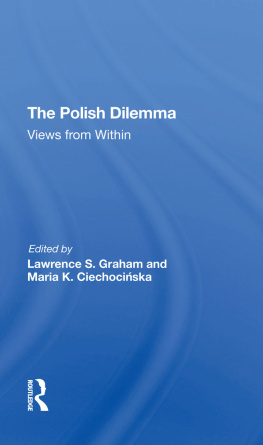


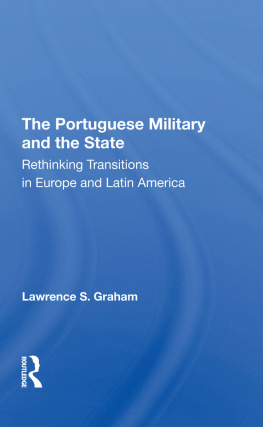

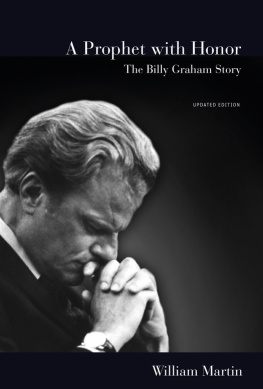
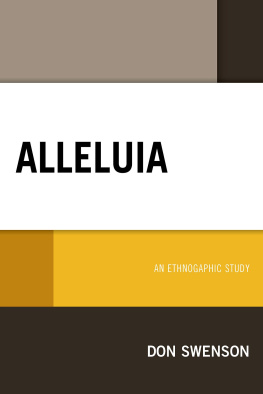

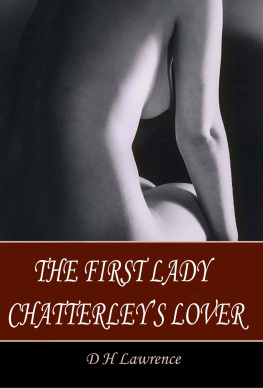

![Watt - The 90-day screenplay : [from concept to polish]](/uploads/posts/book/103527/thumbs/watt-the-90-day-screenplay-from-concept-to.jpg)
